TEL AVIV, Israel: Dental caries is among the costliest and most widespread bacterial diseases worldwide. In a new study, researchers have developed novel dental restorative materials with potent antibacterial capabilities. According to the findings, these resin-based composites with antibacterial nano-assemblies can hinder bacterial growth and viability on dental restorations and thereby help avoid root canal therapy or tooth extractions.
“Antibiotic resistance is now one of the most pressing healthcare problems facing society, and the development of novel antimicrobial therapeutics and biomedical materials represents an urgent unmet need,” said lead researcher Dr Lihi Adler-Abramovich, a senior lecturer in the Sackler Faculty of Medicine at Tel Aviv University.
“We’ve developed an enhanced material that is not only aesthetically pleasing and mechanically rigid but is also intrinsically antibacterial due to the incorporation of antibacterial nano-assemblies,” said first author Lee Schnaider, a doctoral student at the university. “Resin composite fillings that display bacterial inhibitory activity have the potential to substantially hinder the development of this widespread oral disease,” she continued.
The scientists are the first to discover the potent antibacterial activity of the self-assembling building block Fmoc-pentafluoro-L-phenylalanine. After having established the antibacterial capabilities of this building block, they developed methods for incorporating the nano-assemblies within dental composite restorative materials. They then evaluated the antibacterial capabilities of these materials and assessed their biocompatibility, mechanical strength and optical properties.
“This work is a good example of the ways in which biophysical nanoscale characteristics affect the development of an enhanced biomedical material on a much larger scale,” Schnaider said. “The minimal nature of the antibacterial building block, along with its high purity, low cost, ease of embedment within resin-based materials and biocompatibility allows for the easy scale-up of this approach toward the development of clinically available enhanced antibacterial resin composite restoratives,” Adler-Abramovich noted.
The researchers are currently evaluating the antibacterial capabilities of additional minimal self-assembling building blocks and developing methods for their incorporation into various biomedical materials, such as wound dressings and tissue scaffolds.
The study, titled “Enhanced nanoassembly-incorporated antibacterial composite materials”, was published in the 19 June 2019 issue of ACS Applied Materials and Interfaces.
Tags:
LEEDS, UK: Though dental fillings are an established method of treating the presence of dental caries in permanent dentition, their usefulness for treating ...
NEW YORK, US: Silver diamine fluoride (SDF) has clearance by the US Food and Drug Administration for treatment of tooth sensitivity, and there is strong ...
TORONTO, Canada: The question as to why the human immune system partly works against the body, for example in autoimmune diseases, is still not sufficiently...
ADELAIDE, Australia: A study conducted at the University of Adelaide has suggested that children who are breastfed for at least two years could be at a ...
LEIPZIG, Germany: Rural communities across the US are facing a growing oral health crisis as access to fluoridated water and dental care diminishes. This ...
OAK BROOK, Ill., U.S./ANTALYA, Turkey: Exposure to ultrahigh -strength MRI may release toxic mercury from amalgam fillings in teeth, the Radiological ...
CHICAGO, USA: According to a new study, a natural compound found in grape seed extract, which has been shown to have several health benefits, could be used ...
SEOUL, South Korea: The most common cause of peri-implantitis is the formation of a biofilm on the implant surface. Thus, effectively decontaminating the ...
BOSTON, U.S.: Root canal therapy and the materials and techniques used to perform them are continually evolving. However, the fact remains that after the ...
ALEXANDRIA, Va., U.S.: Protecting children against the early onset of dental caries is something all dentists should consider a priority. According to the ...
Live webinar
Tue. 3 March 2026
11:00 am EST (New York)
Dr. Omar Lugo Cirujano Maxilofacial
Live webinar
Tue. 3 March 2026
8:00 pm EST (New York)
Dr. Vasiliki Maseli DDS, MS, EdM
Live webinar
Wed. 4 March 2026
12:00 pm EST (New York)
Munther Sulieman LDS RCS (Eng) BDS (Lond) MSc PhD
Live webinar
Wed. 4 March 2026
1:00 pm EST (New York)
Live webinar
Fri. 6 March 2026
3:00 am EST (New York)
Live webinar
Tue. 10 March 2026
4:00 am EST (New York)
Assoc. Prof. Aaron Davis, Prof. Sarah Baker
Live webinar
Tue. 10 March 2026
8:00 pm EST (New York)
Dr. Vasiliki Maseli DDS, MS, EdM



 Austria / Österreich
Austria / Österreich
 Bosnia and Herzegovina / Босна и Херцеговина
Bosnia and Herzegovina / Босна и Херцеговина
 Bulgaria / България
Bulgaria / България
 Croatia / Hrvatska
Croatia / Hrvatska
 Czech Republic & Slovakia / Česká republika & Slovensko
Czech Republic & Slovakia / Česká republika & Slovensko
 France / France
France / France
 Germany / Deutschland
Germany / Deutschland
 Greece / ΕΛΛΑΔΑ
Greece / ΕΛΛΑΔΑ
 Hungary / Hungary
Hungary / Hungary
 Italy / Italia
Italy / Italia
 Netherlands / Nederland
Netherlands / Nederland
 Nordic / Nordic
Nordic / Nordic
 Poland / Polska
Poland / Polska
 Portugal / Portugal
Portugal / Portugal
 Romania & Moldova / România & Moldova
Romania & Moldova / România & Moldova
 Slovenia / Slovenija
Slovenia / Slovenija
 Serbia & Montenegro / Србија и Црна Гора
Serbia & Montenegro / Србија и Црна Гора
 Spain / España
Spain / España
 Switzerland / Schweiz
Switzerland / Schweiz
 Turkey / Türkiye
Turkey / Türkiye
 UK & Ireland / UK & Ireland
UK & Ireland / UK & Ireland
 Brazil / Brasil
Brazil / Brasil
 Canada / Canada
Canada / Canada
 Latin America / Latinoamérica
Latin America / Latinoamérica
 USA / USA
USA / USA
 China / 中国
China / 中国
 India / भारत गणराज्य
India / भारत गणराज्य
 Pakistan / Pākistān
Pakistan / Pākistān
 Vietnam / Việt Nam
Vietnam / Việt Nam
 ASEAN / ASEAN
ASEAN / ASEAN
 Israel / מְדִינַת יִשְׂרָאֵל
Israel / מְדִינַת יִשְׂרָאֵל
 Algeria, Morocco & Tunisia / الجزائر والمغرب وتونس
Algeria, Morocco & Tunisia / الجزائر والمغرب وتونس
 Middle East / Middle East
Middle East / Middle East
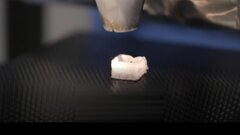


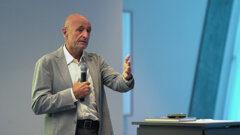
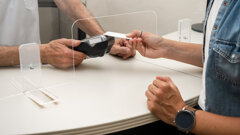

















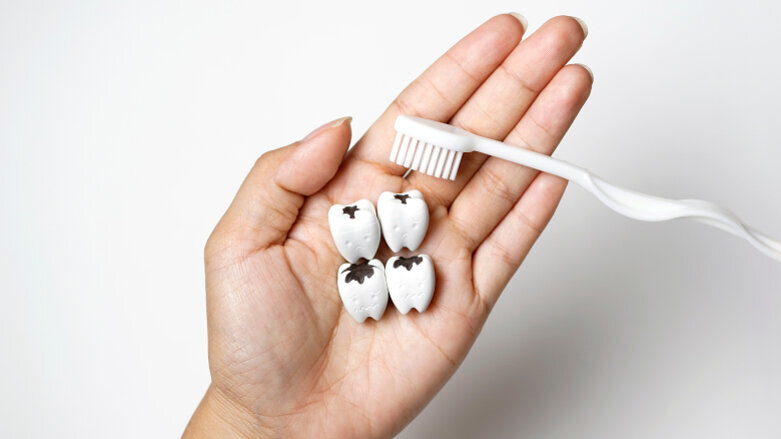



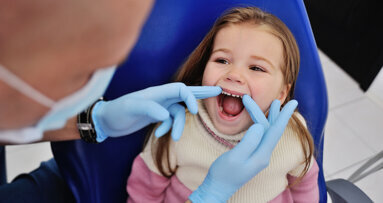
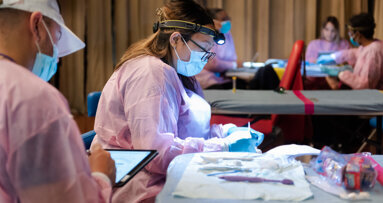
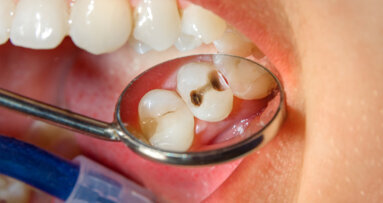
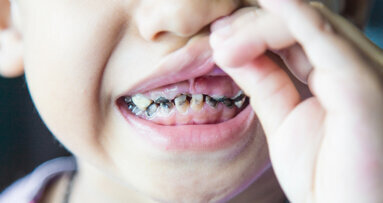

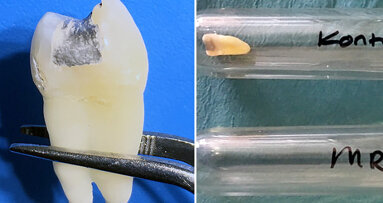

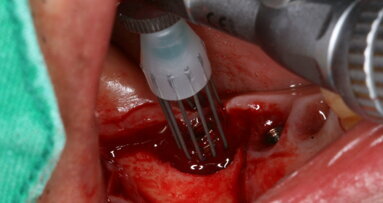
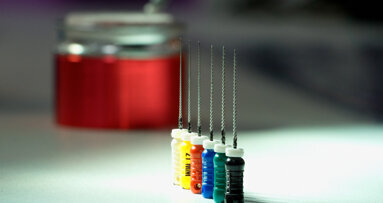
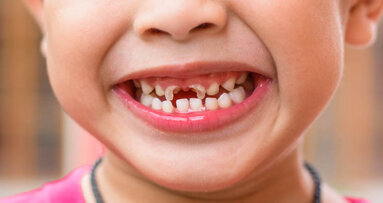







To post a reply please login or register